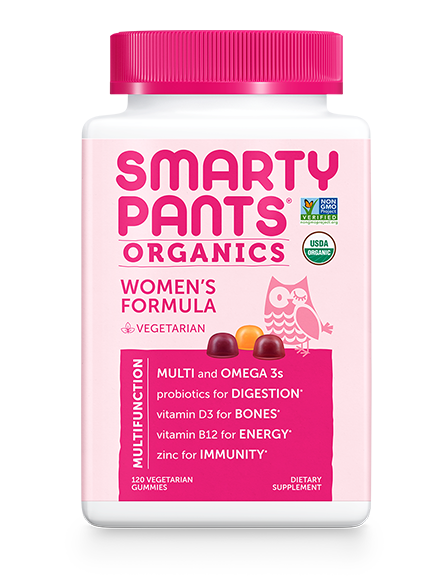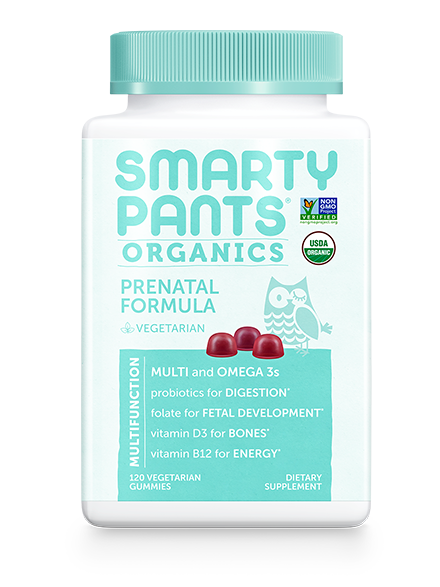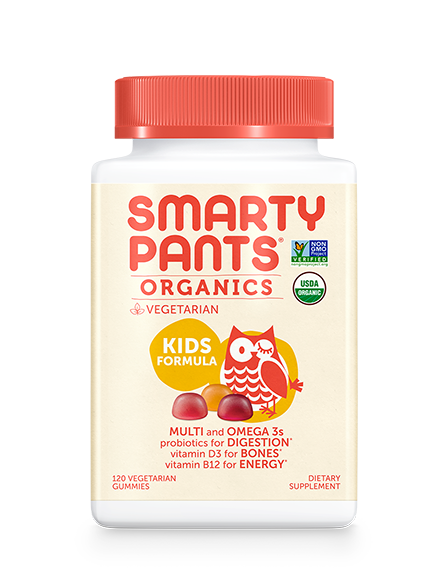- Lonsdale D. A review of the biochemistry, metabolism and clinical benefits of thiamin(e) and its derivatives. Evid Based Complement Alternat Med. 2006 Mar;3(1):49-59.
- Lu’o’ng K, Nguyen LT. Role of thiamine in Alzheimer’s disease. Am J Alzheimers Dis Other Demen. 2011;26(8):588-98.
- Jacques PF, Chylack LT Jr, Hankinson SE, et al. Long-term nutrient intake and early age-related nuclear lens opacities. Arch Ophthalmol. 2001;119(7):1009-19.
- Kuzniarz M, Mitchell P, Cumming RG, Flood VM. Use of vitamin supplements and cataract: the Blue Mountains Eye Study. Am J Ophthalmol. 2001;132(1):19-26.
- National Academy of Sciences. Dietary Reference Intakes (DRIs): Recommended Intakes for Individuals, Vitamins.
OUR NUTRIENT GUIDE

Our Star Nutrients
Thiamin
Grow for it
How much do I need?
The current recommended daily intake (RDI) for thiamine is5:
- Infants 0 - 6 months: 0.2 mg
- Infants 6 - 12 months: 0.3 mg
- Children 1 - 3 years: 0.5 mg
- Children 4 - 8 years: 0.6 mg
- Children 9 - 13 years: 0.9 mg
- Men 14 years and older: 1.2 mg
- Women 14 - 18 years: 1 mg
- Women 19 years and older: 1.1 mg
- Pregnant or breastfeeding women 14 - 50 years: 1.4 mg
These are the daily amounts established by the Health and Medicine Division of the National Academy of Sciences (formerly known as the Institute of Medicine).
Why we include it
The B complex vitamins help the body convert food into energy in the form of glucose and utilize fats and proteins. They are essential for a healthy nervous system and healthy skin, eyes, and hair. Although a thiamin deficiency is rare in the U.S., it’s such a vital vitamin that we’ve included it in all of our multivitamin products to ensure you’re getting adequate levels of this nutrient. Since all B complex vitamins are water-soluble, your body will simply eliminate any it doesn’t use.
Where can I get it?
- Asparagus – 1 cup, 0.29 mg
- Green peas – 1 cup, 0.36 mg
- Brussels Sprouts – 1 cup, 0.17 mg
- Flaxseeds – 2 tbs, 0.23 mg
- Spinach – 1 cup, 0.17 mg
- Cabbage – 1 cup, 0.11 mg
- Black Beans – 1 cup, 0.42 mg
- Oats – 0.25 cup, 0.30 mg
- Tofu – 4 oz, 0.18 mg
* These statements have not been evaluated by the Food and Drug Administration. This product is not intended to diagnose, treat, cure, or prevent any disease.





